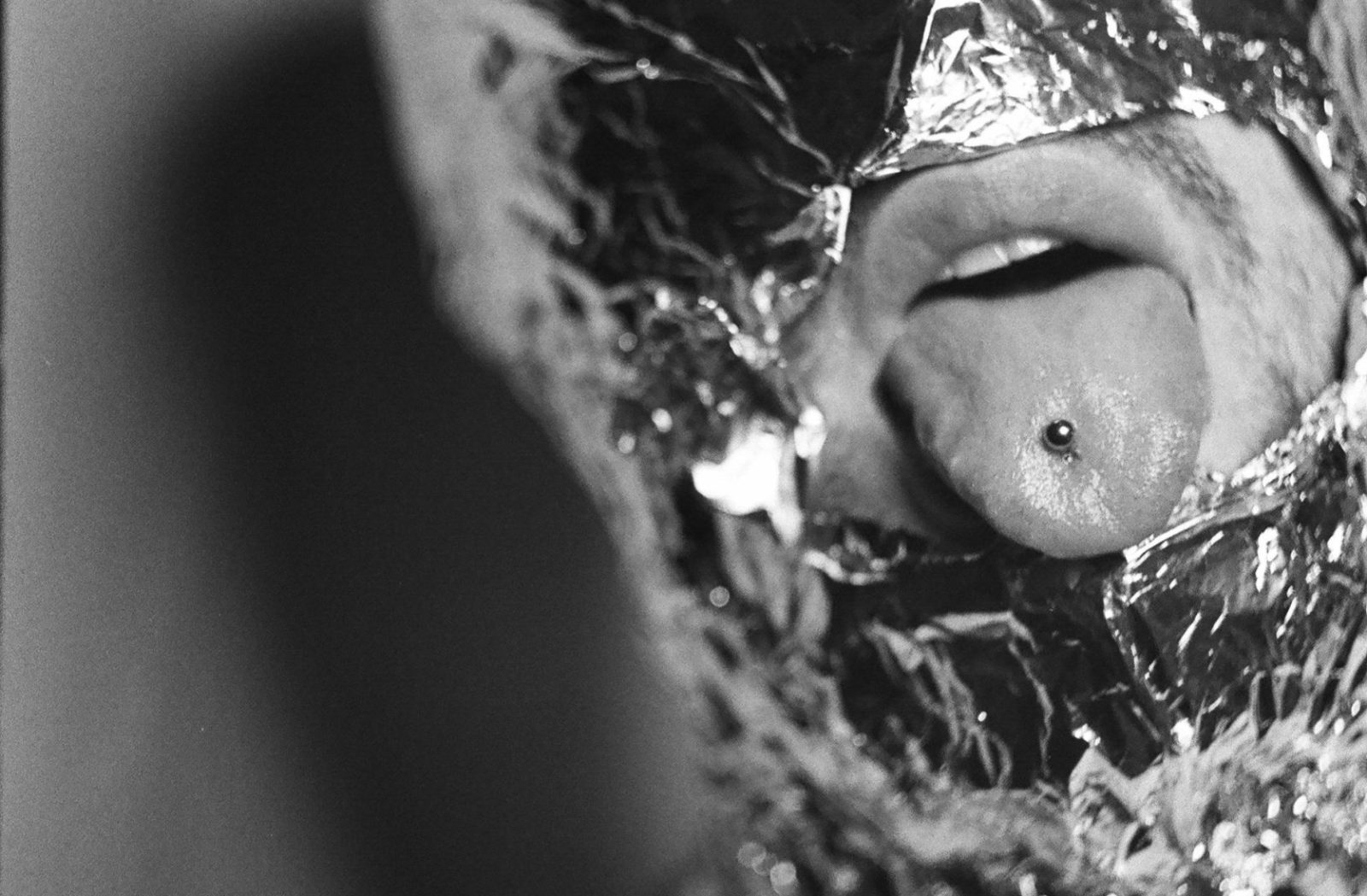Although tongue piercings have been around for hundreds of years, it is only in the last few decades that they have begun to become prevalent. So why do people fall in love with tongue piercings? Does tongue piercing affect health? If you’re curious about this part, scroll down to read all about tongue piercing.
5 reasons why people get tongue piercings
We’ve summarized the 5 most common reasons why people choose tongue-piercing.

Ⅰ. Tongue piercings for fashion and decoration
Many people choose to get tongue piercings primarily for fashion and self-expression. Tongue piercings can be a form of body decoration and are a way for individuals to personalize their appearance and style.
Some people have an appreciation for body modification and see tongue piercings as an extension of this interest.
Ⅱ. For self-expression
Body piercings, including tongue piercings, can be a form of self-expression, symbolizing rebellion, individuality, or adherence to a specific subculture or group identity.
Ⅲ. For cultural or religious reasons
In different cultures and religious practices around the world, tongue piercings have been used as a means of symbolizing spiritual beliefs, rites of passage, or connection to a higher power or community. Such as during certain Hindu festivals and rituals, particularly those dedicated to the goddess Kali, devotees might undergo tongue piercing as a demonstration of their devotion, pain endurance, and religious fervor.

Ⅳ. For increasing sexual pleasure
With the consent of both parties, metal accessories can bring a different feeling to the piercer and his partner when intimate. Others find the visual effects of tongue decorations sexually attractive.
Ⅴ. For a relatively hidden piercing
Tongue piercings are often chosen because they are relatively discrete compared to other types of body piercings. They can easily be concealed, which makes them appealing to individuals who desire a piercing that is not immediately visible in professional or family situations.
You must know these risks and tips about tongue piercing

For each person, it is their right to get a piercing or not. But the tongue is a vital organ of the body, and for those who want to get it pierced, it’s best to be aware of these risks and recommendations. These tips from doctors and piercing experts can help you avoid more pain.
Risks
1. Post-perforation pain, inflammation and infection
Pain is expected immediately after the piercing and can last for a few days to a week. The level of pain experienced can vary greatly from person to person. It’s usually described as a throbbing or aching sensation. Swelling is quite common after a tongue piercing. It can last for around a week and is part of the normal healing process. The tongue may swell enough to affect speech and make eating difficult. It’s important to use ice or cold foods and beverages to help reduce inflammation. The mouth contains a wide variety of bacteria, and a piercing provides a potential entry point for these bacteria to get under the skin, leading to infection.
2. Interference with articulation and chewing
The tongue is a crucial organ for speech, as it helps in the formation of sounds and words. A freshly pierced tongue can swell significantly, and the jewelry can alter the way the tongue moves, affecting the articulation of certain sounds or words. Initially, while the pierced site is healing, the wearer may experience difficulty with speech clarity. In the days following a tongue piercing, the swelling and sensitivity can make chewing painful and awkward. Additionally, the tongue may not move as freely until the swelling subsides.
3. Risk of swallowing objects and choking
If the ball ends of a barbell tongue ring aren’t securely fastened, they can come loose, especially when eating or speaking. If this occurs, inadvertently swallowing these small parts is dangerous.
Swallowing the ball ends of the jewelry doesn’t always lead to choking; often, they pass through the digestive system without causing harm. However, there is still a risk of internal injury or discomfort. Choking on tongue jewelry or its components is more serious and occurs if the object becomes lodged in the throat. This could block the airway, making it difficult to breathe.
Tips

- Because piercings can cause bleeding, you need to be careful about your choice of piercing studio. Make sure your piercing tools are properly sterilized.
- Maintain good cleaning habits
- Do not eat spicy food, no smoking, and no alcohol
- If you have any problems, you need to consult a specialized doctor immediately
Alicia
Alicia is a passionate writer with degrees in English and American Literature. Her journey through the worlds of fashion, culture and design is as fascinating as her literary pursuits. Beyond literature, Alicia is equally an optimist who loves life. Whether it's photography, knitting, pottery, or yoga, she's willing to try it all. Beyond trends and labels, she advocate for sustainability and ethical fashion practices. She believe in the power of conscious consumerism, and she strives to highlight brands that prioritize environmental responsibility and social impact.
Recent Posts
The Ultimate Guide to Egyptian Jewelry
01/20/2026How to Style Flared Jeans for Any Vibe
12/18/2025Your Goth Christmas Style Guide
11/25/2025Categories
Related Articles
The Ultimate Guide to Egyptian Jewelry
Few civilizations captivate the imagination quite like ancient Egypt. From monumental pyramids...
ByAlicia01/20/2026Acubi Fashion: The Ultimate Guide to the Minimalist Edgy Look
In the fast-moving world of digital trends, fashion cycles seem to refresh...
ByAlicia12/25/2025How to Style Flared Jeans for Any Vibe
If there is one denim silhouette that has truly stood the test...
ByAlicia12/18/2025Your Goth Christmas Style Guide
The holiday season is often painted in bright reds, greens, and sparkling...
ByAlicia11/25/2025












Leave a comment